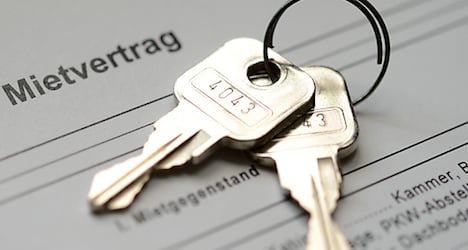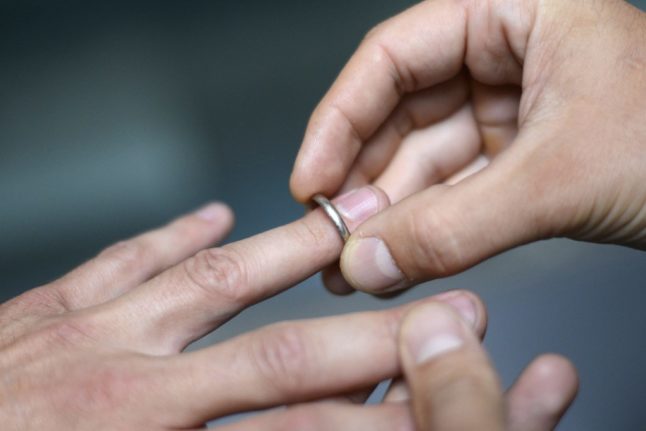Ahead of all other nationalities, Russians, Germans and Arabians flock to Vienna's luxury homes. According to the newest European Cities Review by the British real estate consultancy Knight Frank, millionaires coming from Russia and other former Soviet States, followed by those coming from Germany and Saudi Arabia, are the ones looking more eagerly for top locations in Vienna.
PROPERTY
Luxury real-estate maintains strong growth
According to the current "European Cities Review" of UK wealth consultant Knight Frank, Vienna's top properties are most in demand among the super-rich from Russia and other ex-Soviet countries, followed by Germany and Saudi Arabia.
Published: 11 June 2014 16:53 CEST

Photo: APA
Knight Frank expects 483 ultra high-net-worth individuals to be living in Austria's capital by 2023 – an increase of 26%. To be considered an ultra-high-net worth individual, millionaires must have more than $30 million (€22.1 million) on their savings account.
Luxury market prices in Vienna are also expected to shoot up. In the first quarter of 2014, Knight Frank registered an average rise of 5%, an upward turn only surpassed by those seen in London and Dublin. Such escalation impacts the real estate market as a whole, even if according to the British consultancy the luxury properties in Vienna still lead the price rise. A contrast to the tendency noted in London, Moscow and Zürich.
In the next ten years, 48% more or 1651 of the super rich will be living in Munich. But most millionaires will also maintain a home in London, with Knight Frank projecting a 17% plus or 4940 population of the super wealthy in the city by 2023.
In Monaco, 80% of the luxury houses are in foreigners' hands. In Venice, 75%. In Vienna, foreign investors remain a minority, with a mere 25% of the buyers coming from outside Austria. Russian investors are not only strong in Vienna and other European cities, but also in Moscow, owning 90% of the luxury homes in the city.
According to the Austrian National Bank and its current Base Price Indicator, real estate prices in Vienna during the first quarter of 2014 were overvalued by 22%. The statistics released by the Austrian National Bank and Vienna's Technical University (TU Wien) show that the price index for real estate has doubled in Vienna and moved up by at least a third in the rest of the country since 2005.
With the first release of the Base Price Indicator in the first quarter of 2013, the Austrian National Bank estimated a 21% overvaluation of real estate in Vienna and an 8% undervaluation of properties across Austria.
Although high, the overvaluation of properties in Vienna consistent with that of other European cities, explained the chief-economist of the Austrian National Bank, Doris Ritzberger-Grünwald, during the BIP Preview held by the National Bank last Friday. There isn't a problem of overvaluation in Austria.
In the first quarter, Viennese houses cost on average 8.1% more – in contrast to 11.4% in the same period last year; values of properties outside the capital were also 2.2% higher – against 1.9% in the first quarter of 2013.
According to the Austrian National Bank, the sharp increase in prices aren't necessarily an indicator of a bubble. What matters is to which extent the price increase can be justified by base factors (including demographic developments, affluence levels, property and availability and expected rental income). Only when real estate prices vary significantly and over time from base prices, can one begin to talk of a bubble.
During its economic prognosis, the National Bank also reviewed indicators from other countries: in Netherlands, the overvaluation of real estate in the the third quarter of 2008 reached its highest mark of 26%. Since then, prices have decreased by 18%. The overvaluation in Ireland reached 45% in 2007 and in Spain, 30%. After that, prices also came down by 46% in Ireland and 37% in Spain.
The Austrian National Bank's Base Price Indicator brings seven other indicators together. The Household Index includes two indicators regarding the accessibility to property ownership. The Investors Index joins two indicators on profitability from real estate investment. The correlation between the real estate market and the macro-economy, as well as financial stability, are raised following three other system indicators.
Url copied to clipboard!




 Please whitelist us to continue reading.
Please whitelist us to continue reading.
Member comments